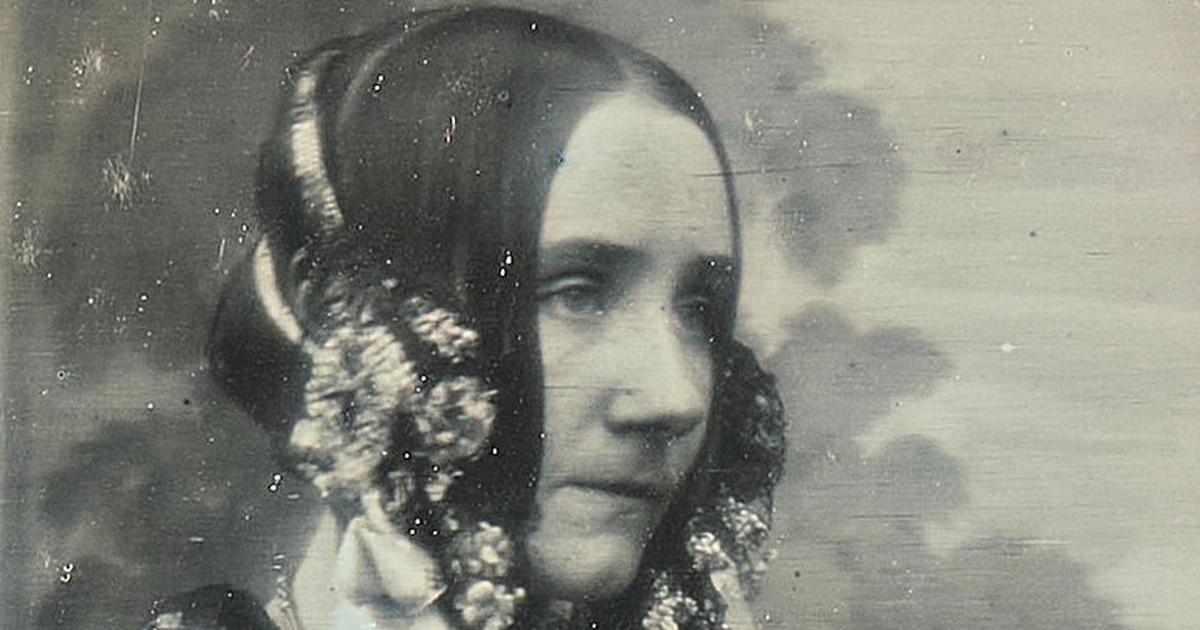A new book examines caste privilege and how it has shaped – and limited – India after liberalisation

Join our WhatsApp Community to receive travel deals, free stays, and special offers!
- Join Now -
Join our WhatsApp Community to receive travel deals, free stays, and special offers!
- Join Now -

Marilyn Loden is widely credited by feminist scholars for coining the term “glass ceiling” to draw attention to the material power that patriarchal social settings exert in limiting women. For instance, in a corporate setting – in theory at least – a talented and hardworking woman should be able to rise through the ranks and reach the very top. Beyond a certain level, however, no matter her merit, ingenuity and commitment to succeeding, she finds herself mysteriously stagnating. She can see her male peers continue to rise and rise, but she stays at her level. It is as if she has hit an invisible ceiling – a ceiling made of glass, if you will. It lets her see above her but keeps her from rising herself.
This has been a powerful metaphor, very visual and lucid in explaining the power of patriarchy within the corporate set-up and other social settings. It has also been used by other marginalised groups and racial minorities to explain the gatekeeping power of cultural elites.
However, when it comes to caste and savarnas, it is useful to think of a “glass floor” rather than a ceiling.
Think of South Asia – India, especially – as full of people sitting in a...
Read more
What's Your Reaction?
 Like
0
Like
0
 Dislike
0
Dislike
0
 Love
0
Love
0
 Funny
0
Funny
0
 Angry
0
Angry
0
 Sad
0
Sad
0
 Wow
0
Wow
0























































